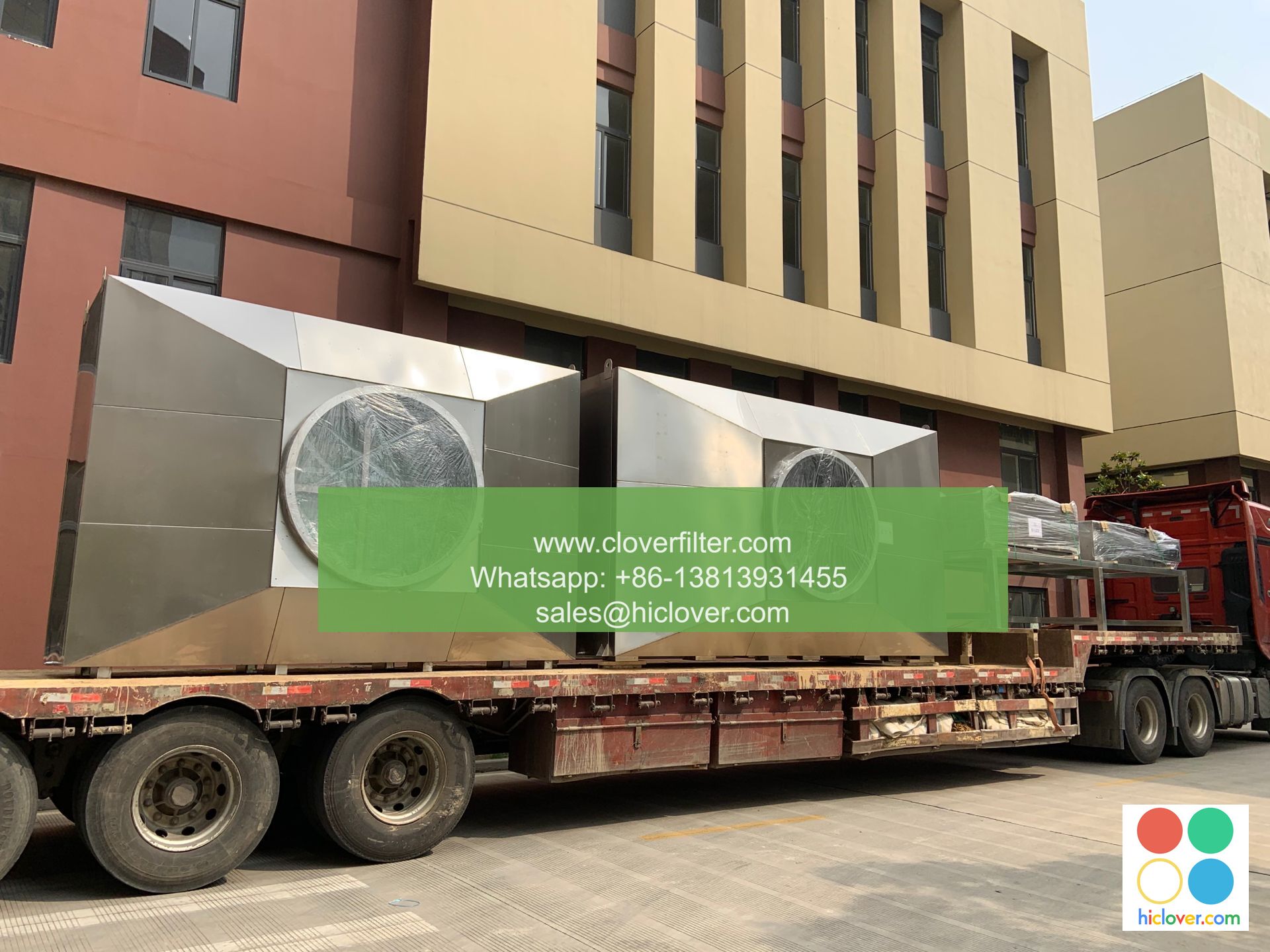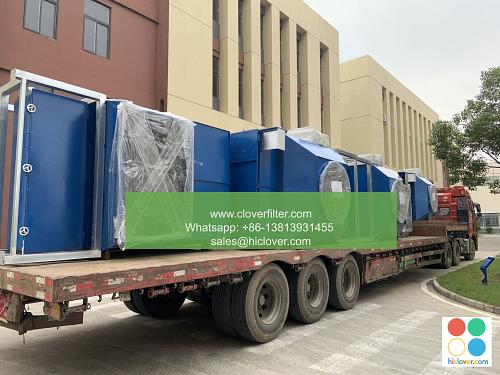The Role of Air Filters in Reducing Indoor Air Quality

Indoor air quality (IAQ) has become a significant concern in recent years, with air pollution and particulate matter posing serious health risks to individuals. One of the most effective ways to address IAQ issues is by using air filters, which play a crucial role in reducing indoor air pollution and improving air quality. In this article, we will explore the importance of air filters in indoor air quality management and highlight various application areas where they can be used.
Types of Air Filters and Their Applications
There are several types of air filters available, each with its own unique characteristics and applications. Some of the most common types of air filters include:
* HEPA filters (High Efficiency Particulate Air filters), which are capable of capturing 99.97% of particles as small as 0.3 microns, making them ideal for hospitals, cleanrooms, and industrial facilities.
* Activated carbon filters, which are effective in removing gases and odors from the air, making them suitable for kitchen ventilation systems and indoor air quality systems.
* UV air filters, which use ultraviolet light to kill bacteria and viruses, making them ideal for healthcare facilities and indoor air quality systems.
Application Areas for Air Filters
Air filters have a wide range of applications in various industries and settings, including:
* Residential buildings: Air filters can be used in home ventilation systems to improve indoor air quality and reduce allergy symptoms.
* Commercial buildings: Air filters can be used in office buildings, shopping malls, and restaurants to improve indoor air quality and reduce sick building syndrome.
* Industrial facilities: Air filters can be used in manufacturing facilities, warehouses, and industrial processes to reduce air pollution and improve worker health.
* Healthcare facilities: Air filters can be used in
Benefits of Using Air Filters
The use of air filters can have numerous benefits, including:
* Improved indoor air quality: Air filters can remove pollutants and particulate matter from the air, reducing the risk of respiratory problems and other health issues.
* Reduced allergy symptoms: Air filters can remove allergens such as dust, pollen, and pet dander from the air, reducing allergy symptoms and improving quality of life.
* Increased energy efficiency: Air filters can improve the efficiency of heating and cooling systems, reducing energy consumption and lowering utility bills.
Conclusion
In conclusion, air filters play a vital role in reducing indoor air quality issues and improving air quality. With various types of air filters available, including HEPA filters, activated carbon filters, and UV air filters, there is an air filter solution for every application area. By using air filters, individuals and organizations can improve indoor air quality, reduce allergy symptoms, and increase energy efficiency, ultimately improving health and wellbeing. It seems like you started to give a prompt but it got cut off. Could you please complete your thought or provide more details? I’m here to help with any questions or topics you’d like to discuss!

